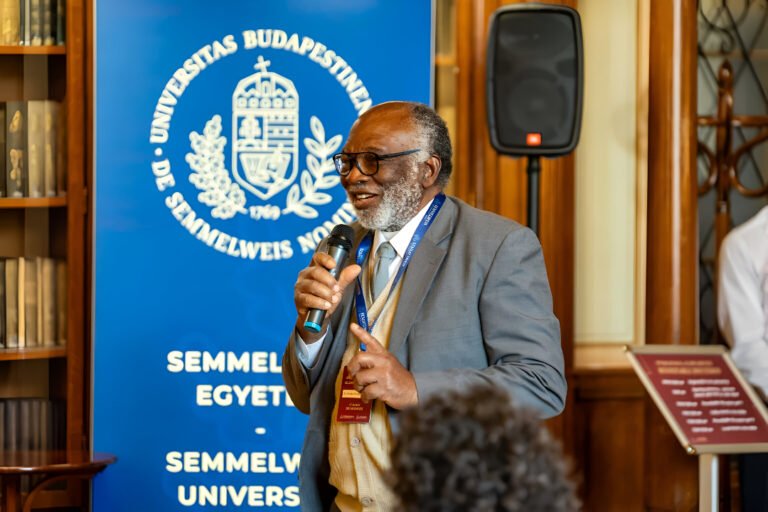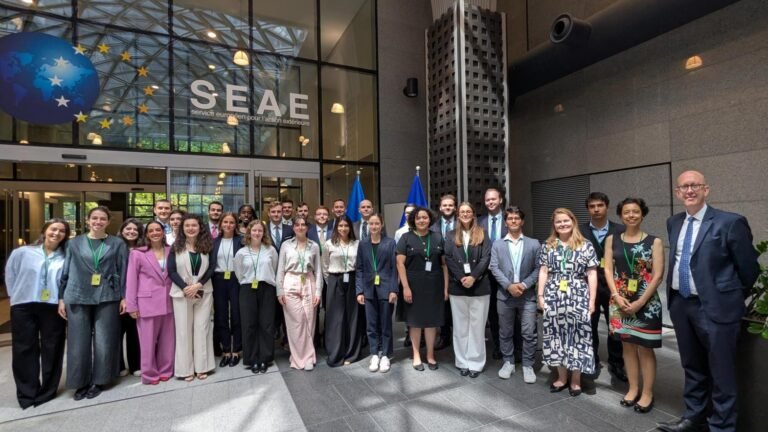
As part of the Rudolphina Roadtrip series, David Buchwinkler, a social scientist from the University of Vienna, spent nearly five months in Sabah, Malaysia, studying the ecological and social consequences of shrimp farming. His research focused on the so-called “Blue Revolution,” which has driven rapid growth in global fisheries and aquaculture since 2010.
Buchwinkler’s fieldwork highlighted the duality of this development: while shrimp farms promise economic prosperity and export potential, they also bring environmental pressures and deepen socio-economic dependencies. Sabah, Malaysia’s northernmost state, exports significant amounts of aquaculture products despite its coastal regions remaining economically underdeveloped.
The biodiversity of Sabah’s coastal ecosystems – including mangrove forests, sea-grass meadows, and coral reefs – makes it an ecologically sensitive region. “This is where local communities, international corporations, and national development plans converge, creating both opportunities and challenges,” Buchwinkler explained.
His research not only sheds light on the intersection of environmental sustainability and economic development but also reflects on the cultural richness of Malaysia, home to indigenous Bajau, Dusun, and Murut peoples alongside Chinese and Malay influences.
Source: University of Vienna






